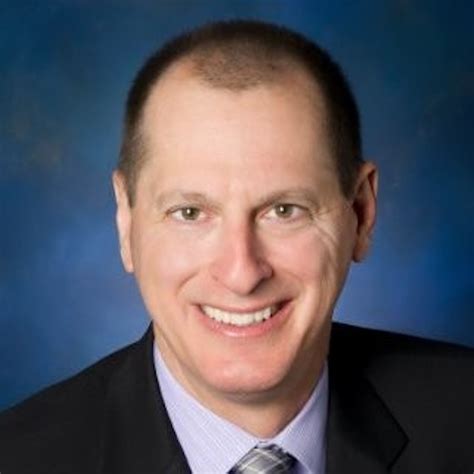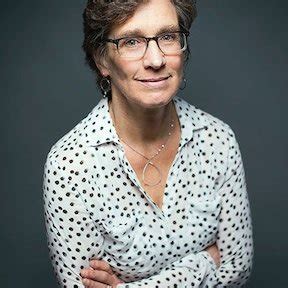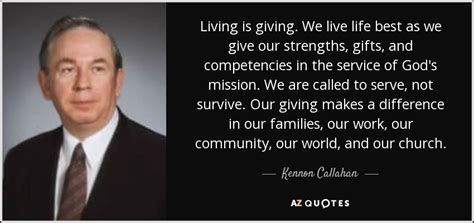A Quote by Carl Honore
We're so marinated in the culture of speed that we almost fail to notice the toll it takes on every aspect of our lives - on our health, our diet, our work, our relationships, the environment and our community.
Related Quotes
In this media-drenched, multitasking, always-on age, many of us have forgotten how to unplug and immerse ourselves completely in the moment. We have forgotten how to slow down. Not surprisingly, this fast-forward culture is taking a toll on everything from our diet and health to our work and the environment.
All of the insights that we might ever need have already been captured by others in books. The important question is this: In the last ninety days, with this treasure of information that could change our lives, our fortunes, our relationships, our health, our children and our careers for the better, how many books have we read?
According to energy medicine, we are all living history books. Our bodies contain our histories- every chapter, line and verse of every event and relationship in our lives. As our lives unfold, our biological health becomes a living, breathing biographical statement that conveys our strengths, weaknesses, hopes and fears.
I put a lot of emphasis on how to treat people. The reason for this is simple. The real success of our personal lives and careers can best be measured by the relationships we have with the people most dear to us - our family, friends, and coworkers. If we fail in this aspect of our lives, no matter how vast our worldly possessions or how high on the corporate ladder we climb, we will have achieved very little.
'Environment' is not an abstract concern, or simply a matter of aesthetics, or of personal taste - although it can and should involve these as well. Man is shaped to a great extent by his surroundings. Our physical nature, our mental health, our culture and institutions, our opportunities for challenge and fulfillment, our very survival - all of these are directly related to and affected by the environment in which we live. They depend upon the continued healthy functioning of the natural systems of the Earth.
Peace is not just the absence of war, it is the active presence of a capacity for love and compassion, and reciprocity. It is an awareness that our lives are not to be lived simply for ourselves through expressing our individuality, but we confirm the purpose of our lives through the work of expressing our shared sense of community in a purposeful and practical way; to sustain our own lives we sustain the lives of others - in family, in a community of neighborhoods called a city, and in a community of nations called the world.































